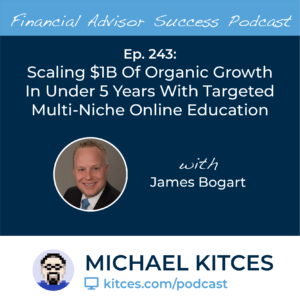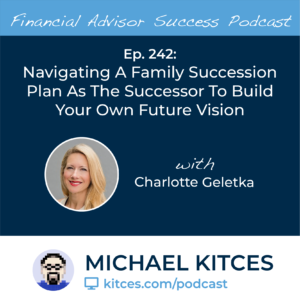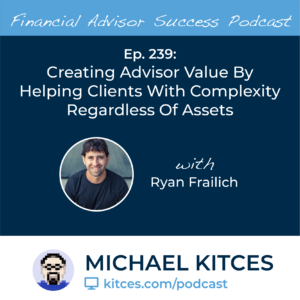
Enjoy the current installment of "Weekend Reading For Financial Planners" – this week's edition kicks off with the industry news that SEC Chairman Gensler has signaled a willingness to approve new Bitcoin ETFs as long as they utilize futures contracts (rather than the cryptocurrency directly) and operate under the more stringent rules that apply for mutual funds under the Investment Company Act of 1940... leading to a slew of new Bitcoin ETF submissions to the SEC in the past two weeks, and a likelihood that Bitcoin ETFs will become available for general advisor use sooner rather than later.
Also in the industry news this week are a number of other interesting industry headlines:
- Investor Advocate Barbara Roper of the Consumer Federation of America takes a new role with the SEC as a Senior Advisor to Chairman Gensler... signaling that more financial advisor regulation may be coming in 2022
- A new consumer survey finds that Millennials are increasingly turning to human advisors over robo-advisors with a growing demand for financial advice
From there, we have several investment-related articles, including:
- A look at the landscape of asset managers launching their own proprietary indexes, and the launch of a new rating service - The Index Standard - to vet and compare them
- How Vanguard's Total Bond Market has successfully implemented bond indexing over the past 30 years (replicating its underlying index precisely net of fees, down to the basis point!)
- Why asset managers are increasingly looking towards direct indexing technology as the next frontier (and acquiring direct indexing providers in the process)
We've also included a number of articles on hiring advisors:
- Why one advisory firm prefers to hire former athletes (because of the mindset that is developed when engaging in competitive sports)
- Why another advisory firm prefers to hire those outside the industry instead of recruiting industry talent to maximize long-term growth
- How the imperfection of even a good hiring process means firms should simply assume that they will need to hire multiple advisors over the years to find the best long-term fit
We wrap up with three final articles, all around the theme of finding our own passion and focus:
- How the career advice of "Pursue Your Passion" can turn it into an obligation, and why it's better to try to find work that maximizes your skills, not just what you 'love to do'
- How to think through the opportunities of a career transition
- Why being an "uncertainty killer" for others is the best path to career success
Enjoy the 'light' reading!












